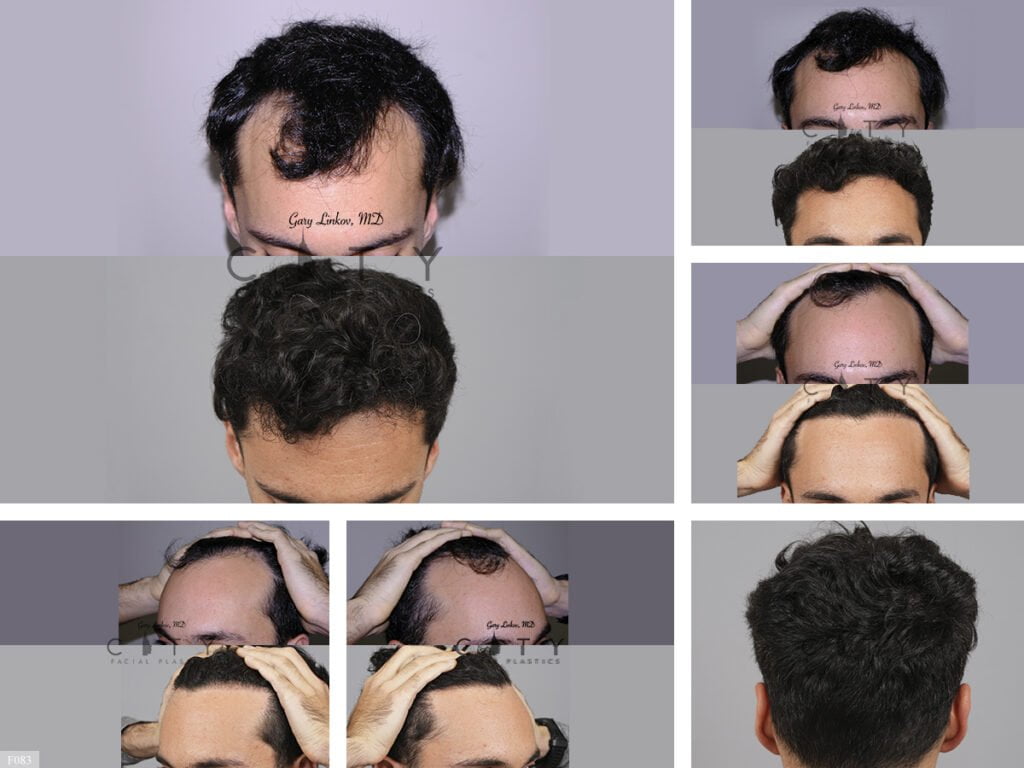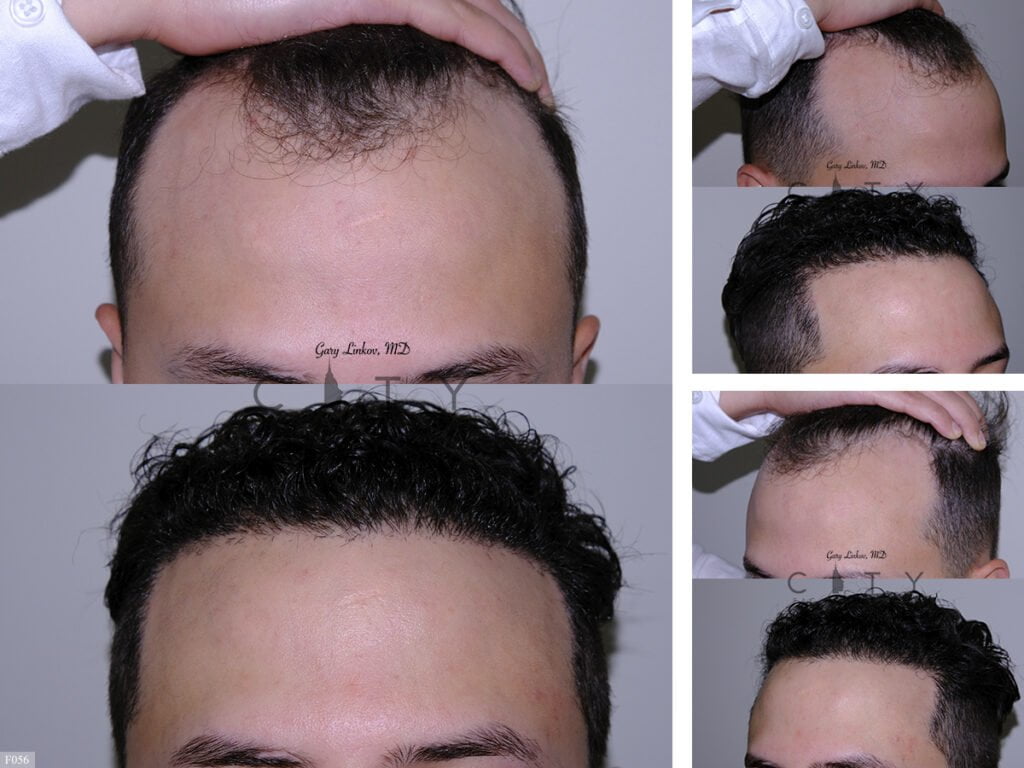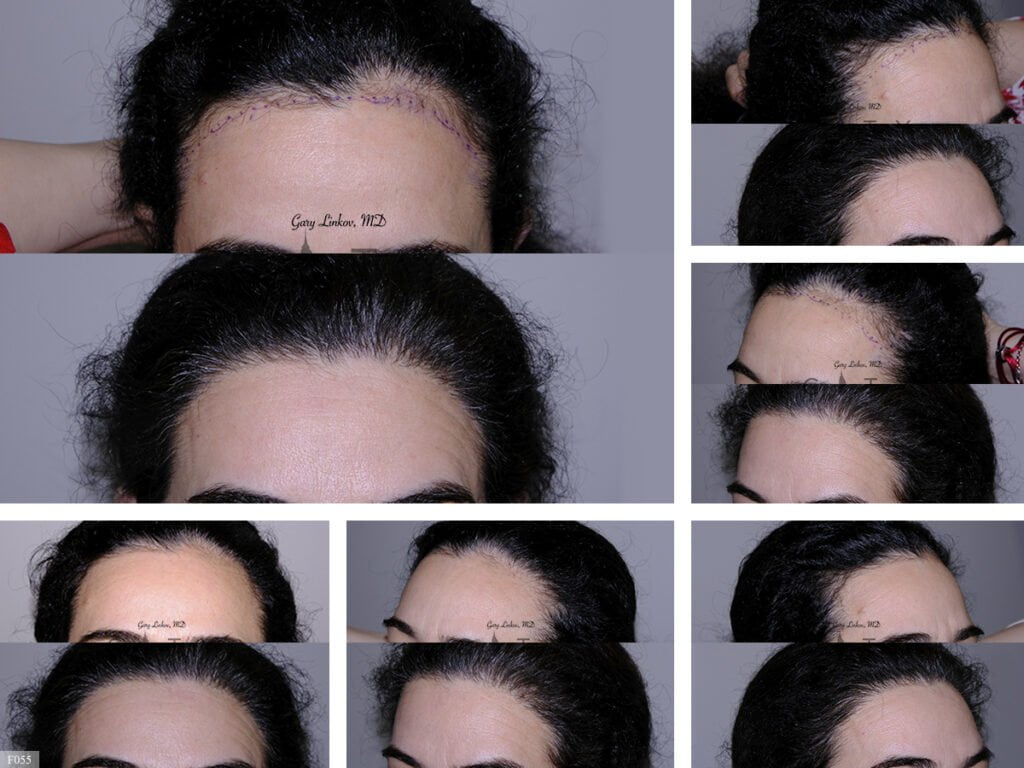Postpartum Depression
Postpartum depression is a condition that affects many women following childbirth. It happens due to a combination of stress and hormonal imbalances. Treatment through medication and talk therapy usually provides you with a proven path to a full recovery. But some of the side effects of the condition only add to your stress and may inhibit a full recovery. Postpartum hair loss is one of those unexpected side effects that require the expertise of the best doctor at hair transplant clinic in Manhattan. Call as soon as you’ve seen significant hair loss. The best treatment for postpartum hair loss is just a phone call away.

What Is Postpartum Depression Hair Loss?
Postpartum hair loss is a symptom of changing hormones in your body after you give birth. Postpartum depression is a severe, long-lasting form of depression that affects close to one in seven new mothers. Unlike normal baby blues that may show up as mood swings, crying, anxiety or insomnia, postpartum depression lasts longer and affects you more deeply.
During pregnancy, you enjoy fast-growing and thick hair, but things change after your delivery, often because of your changing hormones. You may notice more hair shedding when combing or washing your hair. Hair loss is stressful, but luckily, hair loss after giving birth is reversible. Dr. Gary Linkov at Manhattan’s Linkov Hair Surgery, offers individualized hair loss treatments for men and for women, including hair loss as a result of postpartum depression.

Why Does Postpartum Hair Loss Happen?
Your body experiences significant changes before, during and after pregnancy, leading to various physical and psychological changes. Postpartum hair loss adds to the already stressful situation you’re undergoing with your new baby. It helps to understand the cause of postpartum hair loss to reduce your worry. Factors that lead to hair loss after having a baby include:
- High estrogen levels during pregnancy Changes in hormonal levels during and after pregnancy affect the normal hair growth cycle, leading to hair shedding. Called telogen effluvium, it’s part of a natural cycle and is only temporary.
- Reduced estrogen and progesterone levels after birth Once you deliver, the body’s production of estrogen falls, and your hair growth phase stops. Your hair now enters the resting phase, called the telogen phase, which has a prolonged shedding period. You may notice more hairs on your bedding, in the shower and in the sink drain.
- Stress and hair loss Stress is a major cause of hair shedding and patchy hair loss. Having a baby changes a lot of things in your life. The stress affects the normal hair growth cycle, causing your hair to spend more time in the shedding phase. Stress can also be cascading, leading to other feelings and behaviors … and even more hair loss.
At the Manhattan-based practice of Dr. Linkov, this NYC hair restoration specialist performs various diagnostic tests and takes a thorough medical history to determine the underlying cause of your postpartum hair loss. A diagnosis points the best hair loss doctor toward the best postpartum hair loss treatment.
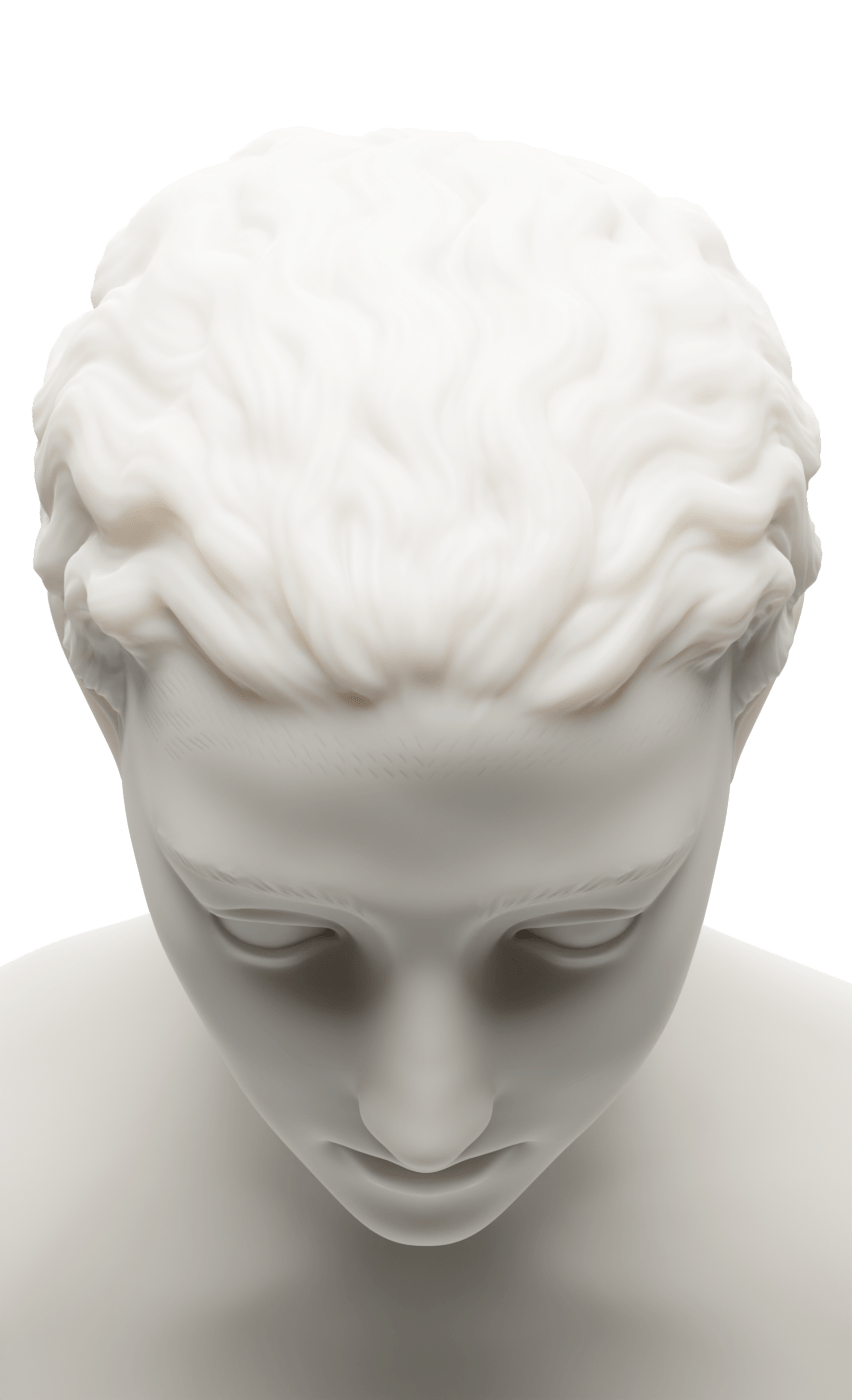
Why Should I Take Postpartum Hair Loss Seriously?
Your hair may have become a large part of your identity. After enjoying thicker and fuller hair fueled by the high levels of pregnancy estrogen, postpartum hair loss can affect you negatively in ways that include:
Low self-esteem Hair loss has a psychological effect on how you feel about yourself. You may not feel confident enough to do the things you previously used to do, especially if your hair is a focal point of your physical outlook.
Social problems With the loss of your hair, you may feel self-conscious and uncomfortable at social gatherings. People may notice and comment about your hair loss, and over time, you may start withdrawing from your relationships.
Psychological distress In addition to the stress that comes with caring for a new baby, the hair loss you’re experiencing adds to the trauma and fuels your depression.
Typically, postpartum hair loss happens about six months after you give birth. The amount of hair shedding differs, depending on your hair quality prior to your pregnancy and how stressful the process was on you. Untreated, postpartum depression can have serious consequences, making your hair loss seem more inconsequential. The best postpartum hair loss treatment relieves some of your stress, however, increasing the odds of successful postpartum hair loss treatment. Some symptoms you can expect from postpartum hair shedding include:
- Hair shedding at an alarming rate
- More loose hair stuck to your clothing
- Shedding hair in clumps
Can I Learn How to Stop Postpartum Hair Loss?
Your hair restoration specialist determines the best postpartum hair loss treatment for you after a diagnosis. Hair shedding after childbirth isn’t permanent, so while your doctor provides you with temporary solutions, such as a topical medication or wig, your NYC hair restoration specialist offers the best tips to prevent further hair loss, such as:
- Maintaining a healthy body and lifestyle after delivery
- Getting regular, gentle-to-moderate exercise to reduce stress
- Eating a healthy diet rich in fruits, vegetables and healthy proteins
Your hair restoration doctor may recommend further treatment for postpartum hair loss if the condition persists and affects you psychologically. At NYC’s Linkov Hair Surgery, the hair loss treatment specialists use a multi-pronged approach to treatment that may include a combination of different postpartum hair loss treatments, such as:
Contact the best hair restoration team in New York at Linkov Hair Surgery for a consultation. Learn more about the best treatment for postpartum hair loss and what’s right for you.
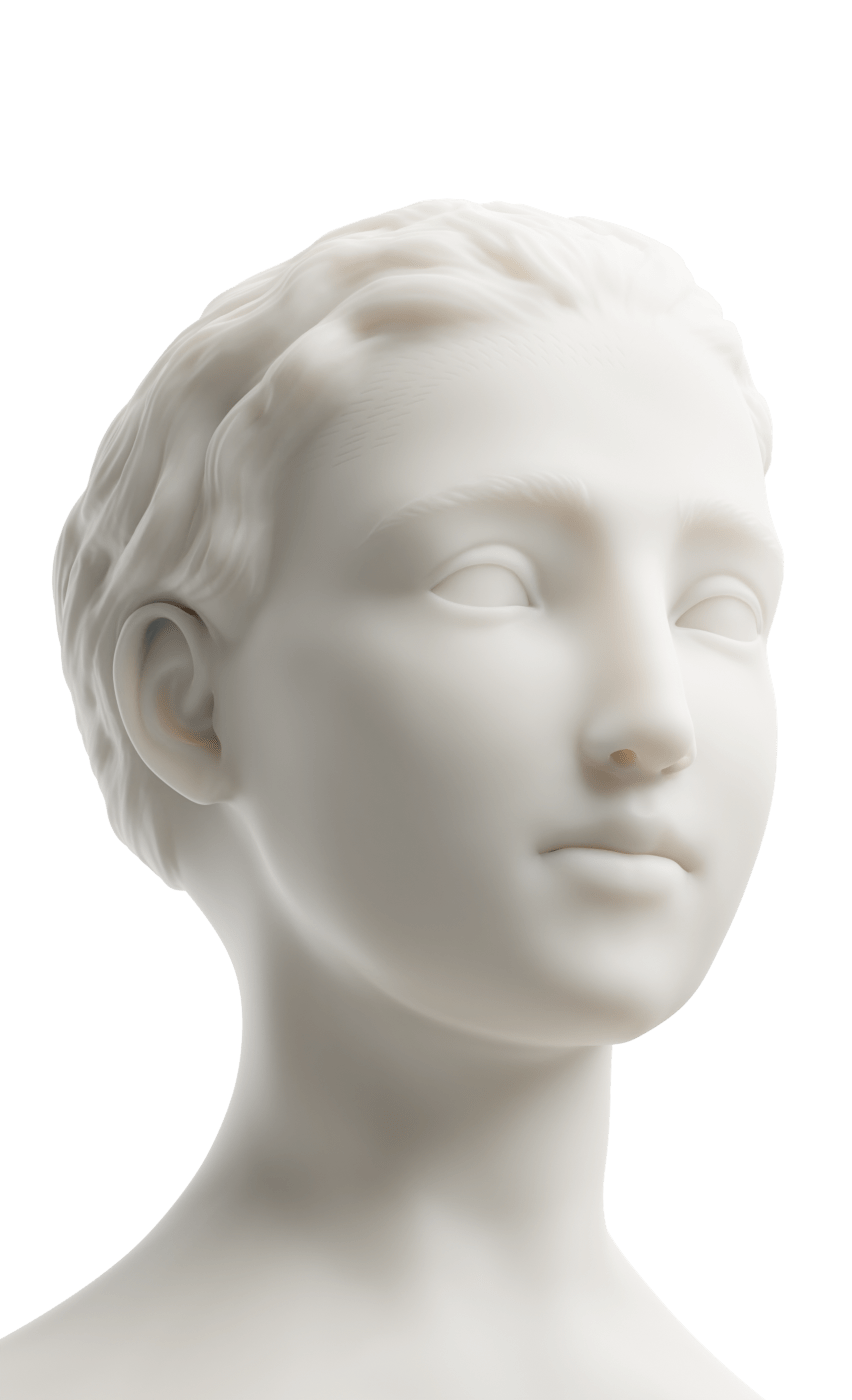
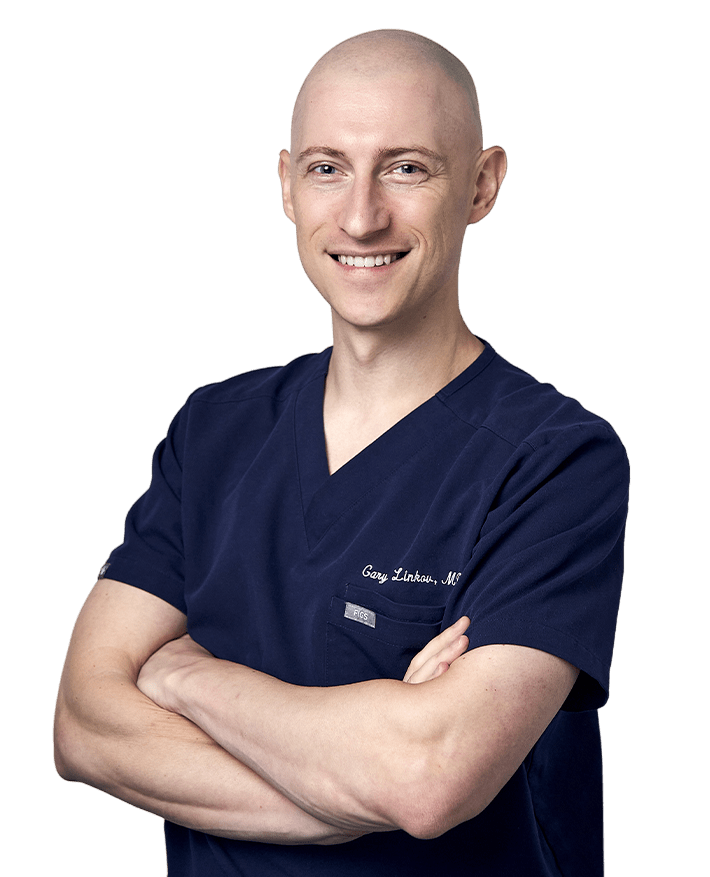
Dr. Gary Linkov is an experienced Ivy League-educated hair transplant surgeon. Having suffered from hair loss himself, he treats his patients with compassion using a multi-disciplinary approach based on the latest hair regrowth methodologies and technologies.
He has authored numerous peer-reviewed articles and book chapters, contributing to the field. Dr. Linkov’s expertise in hair transplant surgery has earned him recognition and made him a sought-after physician. He was featured on the Dr. Oz Show for his needleless PRP hair restoration procedure. USA Today ranks him among the top three plastic surgeons in the United States for reconstruction and natural-looking results.
Publications More about Dr. LinkovLinkov Hair Surgery
150 E 56th St, #1A
New York, NY 10022
(212) 970-9404


